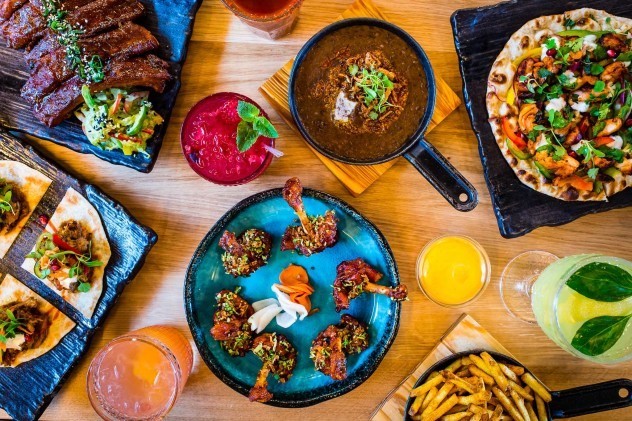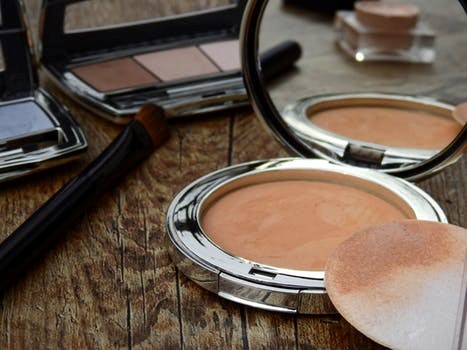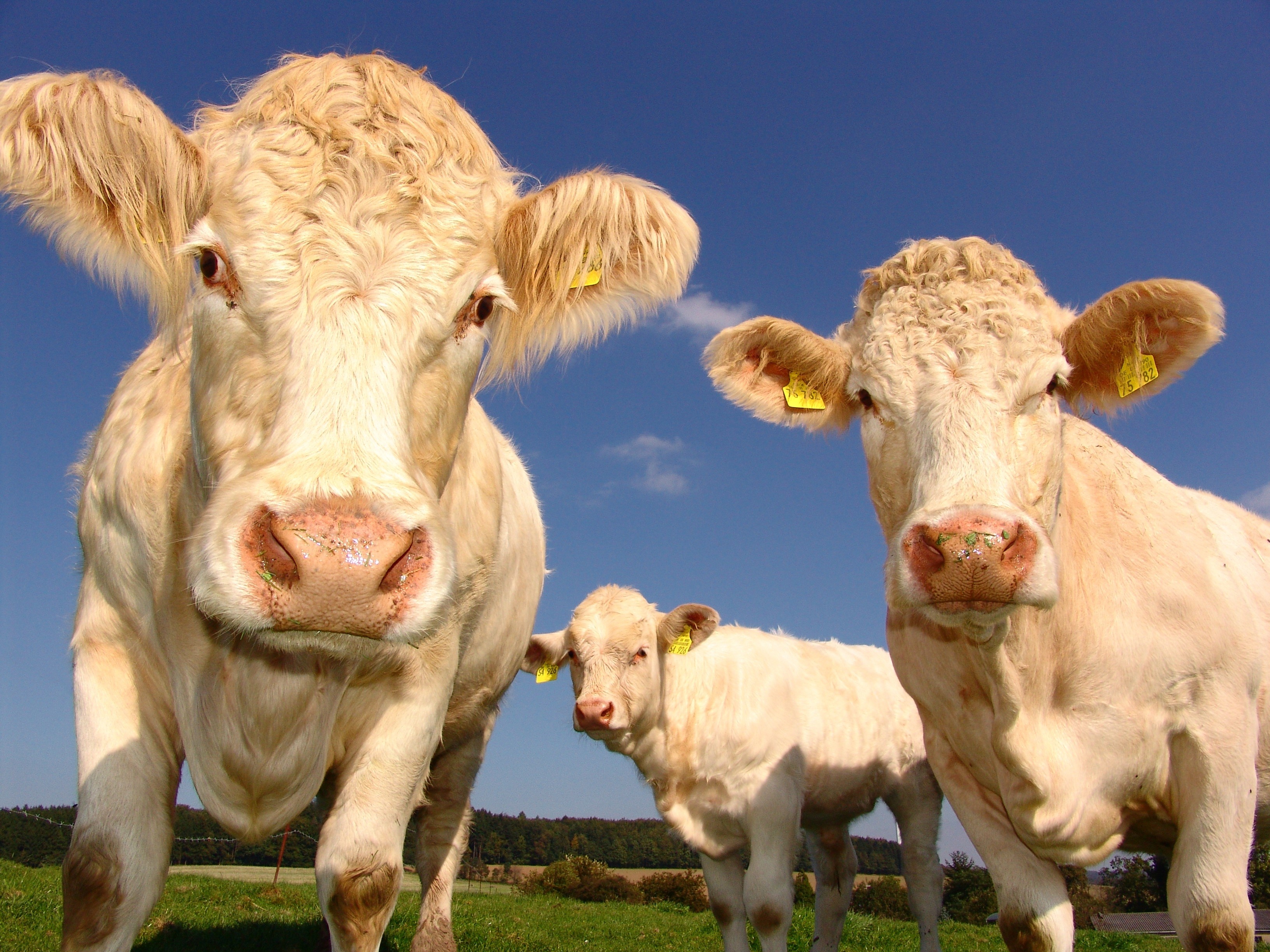Halal is the term used to define products that are allowed under Islamic law. There are many laws governing Halal products which need to be adhered to in order for the product to be considered permissible for consumption by Muslims. In this section, we look at some of the basic principles of Halal.
 |
When these rules have been followed, a product can be considered Halal.
 |
The principles of Halal also apply to consumer products such as cosmetics, grooming and personal care products.
 |
Halal must also be considered when it comes to medications. Some of the most commonly used medications and health supplements are made with animal products, such as pork gelatin capsules.
 |
When eating or drinking outside the home, consideration must be given to the status of the food premises. Be aware that not all establishments keep Halal and non-halal food separated and there may be cross-contamination.
 |
When an animal is being slaughtered, it is essential that the slaughterhouse follows the correct procedures, processes and guidelines in order for the meat to qualify as Halal.
In Malaysia, the Department of Standardization Malaysia (DSM) at the Ministry of Science, Technology and Innovation have developed The Malaysian Standard (MS) entitled “Halal Food: Production, Preparation, Handling and Storage – General Guide (MS 1500:2009) in order to give further guidance to producers on how to attain the standards necessary to obtain Halal Certification in Malaysia.